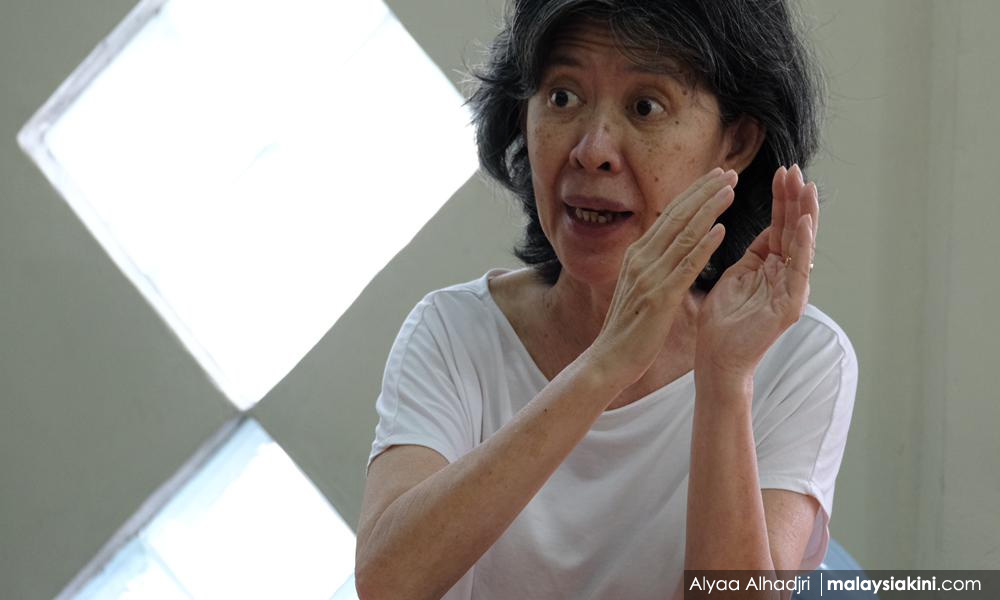For the last 43 years, retired navy captain Awaludin Mohal has spent most days tending to his farm, promoting sustainable practices for better crops while preserving the natural ecosystem.
Awaludin was among those who spoke up during a press conference in Kuala Lumpur today to highlight concerns raised against the Agriculture and Food Industry Ministry's reported plans to table a Plant Seed Quality Bill.
Among others, the speakers highlighted the bill's impact on traditional paddy farmers who could face a hefty fine of up to RM200,000 or a maximum five-year jail term if caught using unlicensed seeds for their crops.
"Paddy (rice) is a basic staple. Where there are paddy fields, there will be villages. Without paddy fields, more villages are now gone.
"This new modern system has brought destruction. I am sorry to say this, but if we are really smart, applying things learnt from overseas, then why are we still importing rice?" he said.
"The (planting) system is not right, our soil is dead from chemicals. Our soil is not what it was before and this is our problem today," said the 79-year-old retired navy man turned sustainable farmer.

Citing an example of boosting rice production, Awaludin said the answer did not lie in the new legislation to regulate seed quality, but rather in promoting and protecting biodiversity in a paddy field's natural ecosystem.
This includes releasing of ducks that eat grass rather than the use of pesticides, and water buffaloes that wallow in the paddy field to directly introduce natural fertilisers for the soil.
"We used to plant paddy only once a year [...] but now agriculture officers say farmers can plant two rounds. When we plant twice a year, we don't use buffaloes anymore and so there is no natural fertiliser," noted Awaludin.
Research outfit Third World Network director Chee Yoke Ling, who is also a lawyer, said it remains unclear whether the new law will impact cultivation of seeds for home planting or for small scale community gardens.
"It will depend on the final draft of the bill. If it states that any person who wishes to plant any crop must obtain certified seeds, then to do otherwise could be an offence," she said.
Other restrictions
The day's session was organised by the Food Security & Sovereignty Forum.
Rice farmer Musa Arib earlier read out the group's statement, endorsed by 46 associations and 10 individuals.

Among others, they called for the proposed new law to not be used against traditional farmers but only to regulate big corporations or companies involved in commercial seed production.
The group said additional licensing needs would increase production costs for traditional farmers as they would no longer be allowed to store portions of their own crops for re-planting.
Additionally, they said the need for seed certification would limit farmers' choices and make them dependent on producers that in turn could impose other restrictions including on types of pesticides and fertilisers.
Overall, the group urged the Agriculture and Food Industries Ministry to disclose the full provisions of the draft bill prior to its tabling in Parliament as well as continue with a stakeholder engagement which was last done in 2019.
Last November, its Agriculture and Food Industries Minister Ronald Kiandee reportedly said the proposed bill was to be enacted in line with the government's aim to increase crop productivity through research, optimise the use of land and technology as well as encourage locals to join the industry. - Mkini



No comments:
Post a Comment
Note: Only a member of this blog may post a comment.